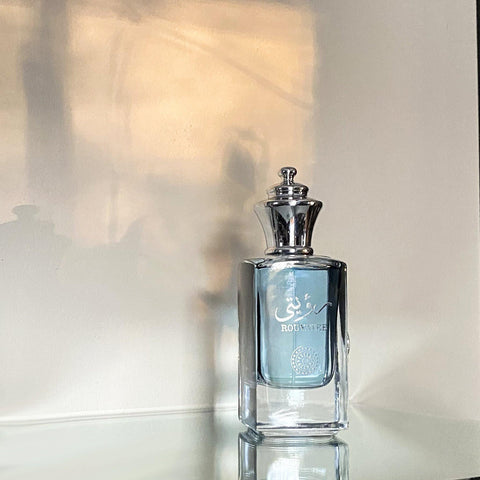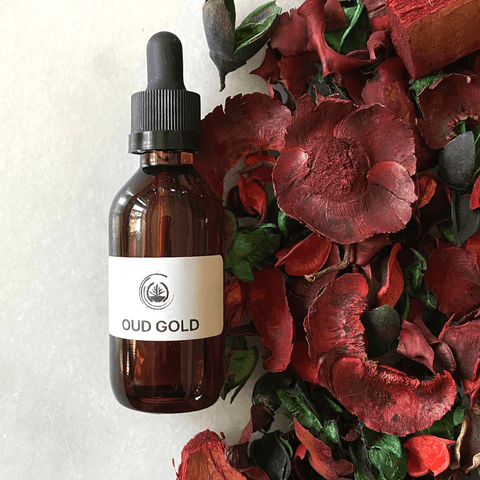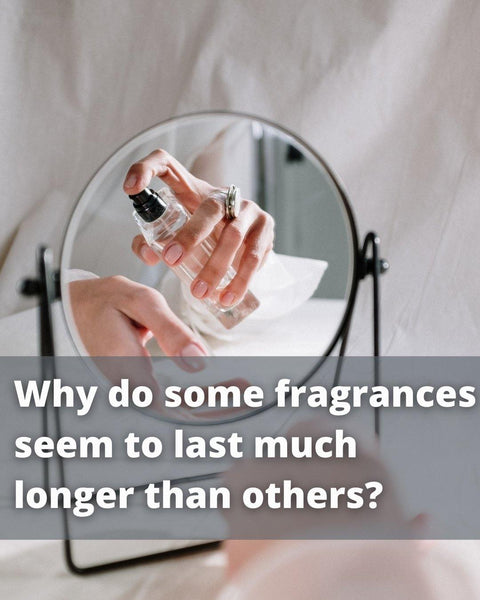
Once upon a time there lived a beautiful fragrant bottle of perfume, which was loved by all but consumed by none - for it held a forbidden feat, it contained alcohol! While the story isn’t about you or me, and is rather over an object, it is however true. Perfumes, a lighter version of Ittar, is an easy to use, liquid/misty fragrance that can be applied on clothes and body.
Attar contains 100% fragrant oil concentrate, whereas perfumes contain 30-70% fragrant oil concentrate - depending on the brand producing, aqua and alcohol. The question that arises here is, with alcohol being present, does the perfume still be a permissible commodity under the Islamic faith? Is this alcohol consumable? Is it the same intoxicant available that we typically find in liquor stores?
Let’s answer each of these questions here. To start with the first answer - YES, it is permissible to apply perfume and pray under the islamic faith, with perfumes that have alcohol. The reasoning behind this is simple. Alcohol used in the making of perfumes is called perfumers alcohol. It is created using a different distillation process. It contains denatured ethanol, isopropyl myristate and monopropylene glycol, which helps in balancing perfume fragrances for long, keeping them warm, helping in the absorption of the oil content and evaporating of the alcohol content. In simpler words, this is an alcohol that has been made and added specially so that it helps the absorption of the fragrant concentrated oil, itself being evaporative in nature.
This perfumers alcohol is not consumable. It cannot be consumed orally or through smell or absorption. This alcohol is also not available in any liquor stores and is not something that can be purchased off the aisle in a busy LCBO. It is prepared specially for perfumes under the watchful eye of the manufacturer with the only purpose of enhancing the perfume’s performance and life.
A very interesting perspective for perfumes has been answered by renowned members of Islamic faith who present the following view. The presence of any impurities invalidates prayer. However not all forbidden things in Islam are impure. For example, gold and silk has been declared forbidden or haraam for the believing man in Islam. However gold and silk in their essence are not considered impure or haraam. Similarly, consumption of alcohol is haraam for the believers but alcohol as a substance is not considered impure as long as it is not consumed for intoxication.
Iqh-us-Sunnah Fiqh 1.24
Anas reported the Messenger of Allah (saws) as saying, "Among the things of this world, I love women and perfume, and the coolness of my eyes is prayer."
Related by Ahmad and an-Nasa'i.
Abu Hurairah reported that the Messenger of Allah (saws) said, "If someone offers perfume, do not reject it, for it is light to carry and has a sweet scent."
Related by Muslim, an-Nasa'i and Abu Dawud.
Our final opinion on perfumes and whether they can be considered halal, stands in favor of perfumes being halal. It does not obstruct prayers for it evaporates from the skin, leaving only the oil content onto the body. Moreover, it is made out of alcohol that is completely non-consumable for any intoxicative use. Every individual can choose on whether to use perfumes or not, however, it is a good idea to look for brands that use a minimal quantity of perfumers alcohol and that do confirm the fact that perfumes can be used for prayers like our Perfume Rouyatee, made from fragrant oils, a fresh dash of aqua and just a touch of perfumers alcohol.
So what are your thoughts on the usage of perfumes? Let us know your thoughts in the comment section below.
Stay tuned for more interesting reads with us at hsaperfumes.com



Comments (1)
The man company
Amour perfume is halal or haram